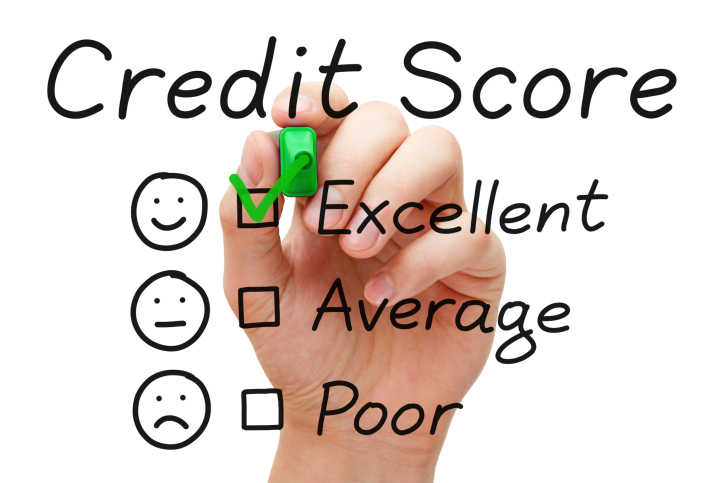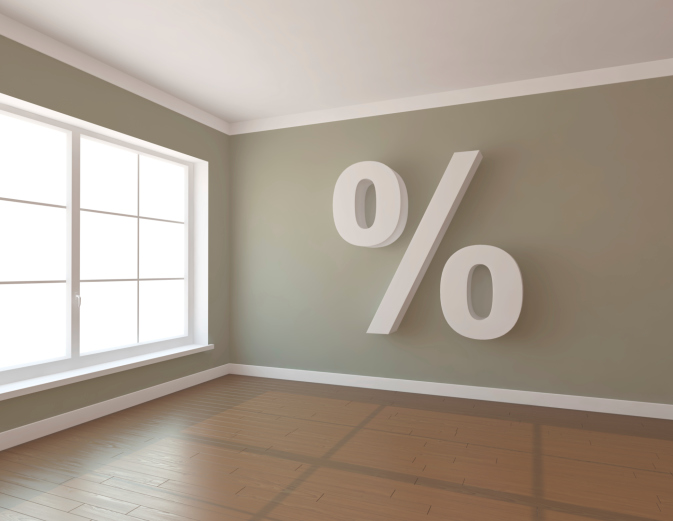Four Ways That Being Diligent with Your Mortgage Payments Can Seriously Improve Your Credit
 The unfortunate reality is that many individuals have a lower credit rating than they would like. For many, this is caused by issues related to high debt balances, late payments and other related issues.
The unfortunate reality is that many individuals have a lower credit rating than they would like. For many, this is caused by issues related to high debt balances, late payments and other related issues.
If you have a lower credit rating, you may be wondering what steps you can take to improve your standing with the credit bureaus. While there are several steps available for you to consider, making timely payments on your home mortgage can have a great impact on your credit. There are four unique ways that diligence with your mortgage payment may improve your credit.
Showing Financial Responsibility
First, when you make timely payments on an account, including your mortgage, you are proving your financial responsibility. Previous issues with late payments, collections accounts and other similar credit events may have indicated that you are a credit risk to lenders, but you can prove your responsibility through regular mortgage payments.
Reducing Outstanding Debt Balances
High debt balances are another common reason your credit ratings may be lower. When you make your mortgage payments on time, you will effectively reduce your outstanding balance on what may be the largest single debt that you have. This can have a tremendous impact on your rating over time.
Preventing New Derogatory Credit Events
When you are trying to improve your credit rating, the last thing that you may want is to have additional derogatory credit events listed on your credit report. Making your mortgage payments on time each month will prevent new late payments from being shown on your report. Establishing a solid new credit history from this day forward will help you to rebuild your credit rating.
Increasing The Length Of Time Between Older Derogatory Credit Events
As you regularly make your payments on your mortgage each month, more time will elapse between any blemishes or derogatory events on your credit report. Essentially, you will be making those derogatory events dated, and you will have a recent history of positive activity. Increasing the length of time between the present and your derogatory credit items is a great way to boost credit scores.
If you have a speckled credit history with lower scores than you would like, you understandably want to take steps to improve your credit rating. These are all ways that making timely mortgage payments can boost your credit rating, and you can apply these concepts to any other outstanding debts as well.
A mortgage consultant may help you to learn more about your current credit report and steps that you may take to boost your scores.
 When applying for a new home mortgage, many loan applicants initially consider applying for a 30-year fixed rate mortgage. This is perhaps the most common and traditional type of mortgage available. It allows you to enjoy the opportunity to pay for your home over the course of 30 years with equal payments every month. While this is one option, there are actually multiple choices available. For some applications, a variable rate mortgage may be more advantageous. If you are comparing the options between a fixed rate and a variable rate mortgage, you may consider a few points.
When applying for a new home mortgage, many loan applicants initially consider applying for a 30-year fixed rate mortgage. This is perhaps the most common and traditional type of mortgage available. It allows you to enjoy the opportunity to pay for your home over the course of 30 years with equal payments every month. While this is one option, there are actually multiple choices available. For some applications, a variable rate mortgage may be more advantageous. If you are comparing the options between a fixed rate and a variable rate mortgage, you may consider a few points. When you initially start shopping for a home mortgage, you may be drawn to advertisements for ultra-low interest rates. These may be rates that seem too good to be true, and you may gladly contact the lender or mortgage company to complete your loan application. However, the unfortunate truth is that all too often, mortgage applicants are unpleasantly surprised and even disheartened to learn that they do not qualify for the advertised interest rate. By learning more about the factors that influence your interest rate, you may be able to structure you loan in a more advantageous way.
When you initially start shopping for a home mortgage, you may be drawn to advertisements for ultra-low interest rates. These may be rates that seem too good to be true, and you may gladly contact the lender or mortgage company to complete your loan application. However, the unfortunate truth is that all too often, mortgage applicants are unpleasantly surprised and even disheartened to learn that they do not qualify for the advertised interest rate. By learning more about the factors that influence your interest rate, you may be able to structure you loan in a more advantageous way.